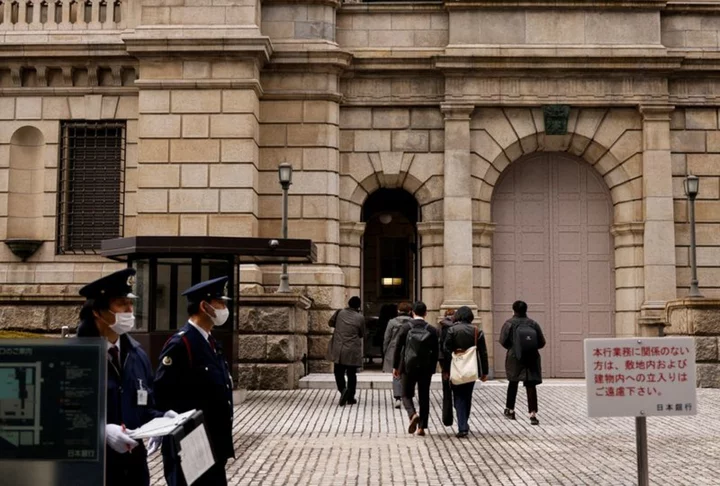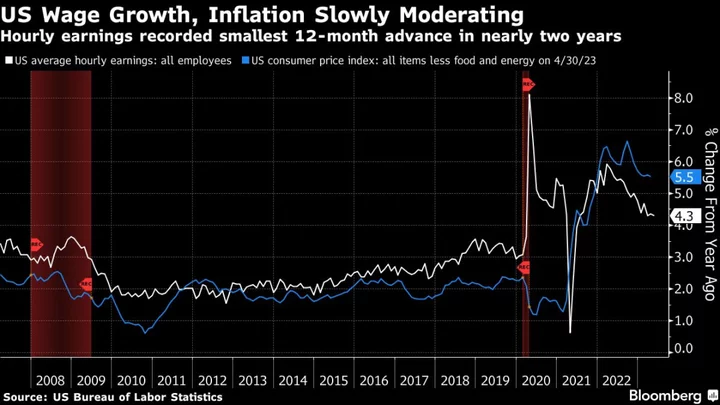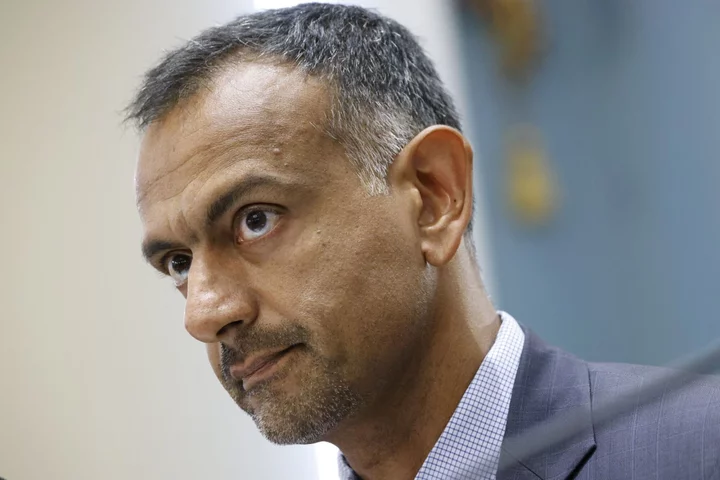By Leika Kihara
TOKYO As inflation has run past the Bank of Japan's 2% target, governor Kazuo Ueda has had no shortage of advice from fellow academics on how best to communicate the future path of monetary policy including a possible exit from its massive stimulus.
The proposals include call for the BOJ to end quantitative easing (QE), minutes of a meeting of the government's top economic council showed, a sign of how recent rising inflation is shifting the focus of debate in a country long accustomed to subdued price growth.
At the meeting on Monday, Ueda - himself a Massachusetts Institute of Technology (MIT)-educated academic - said the BOJ will maintain ultra-loose policy as it would take time for inflation to sustainably hit its 2% target, the minutes showed.
But Princeton University professor Nobuhiro Kiyotaki warned of the side-effects of prolonged easing and urged the BOJ to end huge asset purchases when inflation "stabilises around 1-2%," according to the minutes released on Thursday.
"Quantitative and qualitative easing was an emergency means to end deflation, and its side-effects aren't small," such as pushing up property prices to unaffordable levels, he said.
Keeping long-term interest rates low for too long would also expose Japan to speculative market attack, Kiyotaki said.
Markets are rife with speculation the BOJ will soon phase out its stimulus that combines huge asset buying and a 0% cap on long-term interest rates. Critics say the policy is distorting market pricing and hurting bank profits.
University of Tokyo professor Tsutomu Watanabe said Japan's inflation expectations have heightened to levels close to those in the United States and Europe, the minutes showed.
With wage growth modest, however, the BOJ should set a numerical target on wages, said Watanabe, a former central banker known for his research on Japan's price dynamics.
But Shinichi Fukuda, also an University of Tokyo academic, said achieving wage growth alone won't fix economic woes.
"Japan is no longer in a state of deflation thanks to the BOJ's extraordinary monetary easing. But during the period, its potential growth and technological progress stagnated," he said.
"That's why structural reform ... is necessary to raise wages in a sustained fashion," said Fukuda who, along with Watanabe, is a frequent participant of BOJ-hosted seminars.
(Reporting by Leika Kihara; Editing by Shri Navaratnam)









